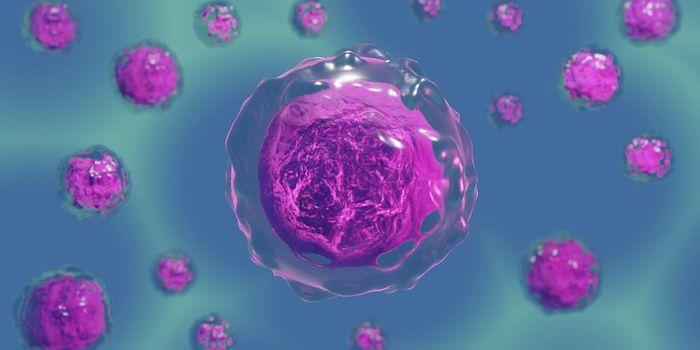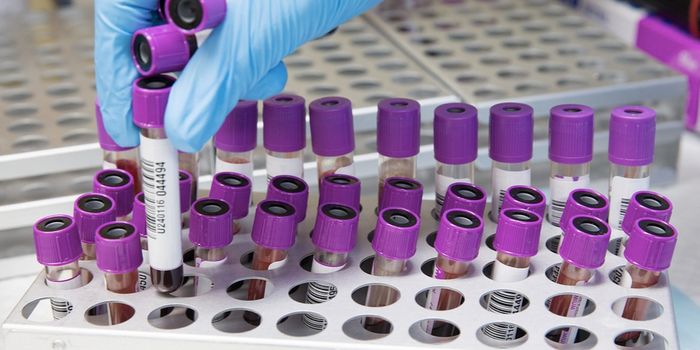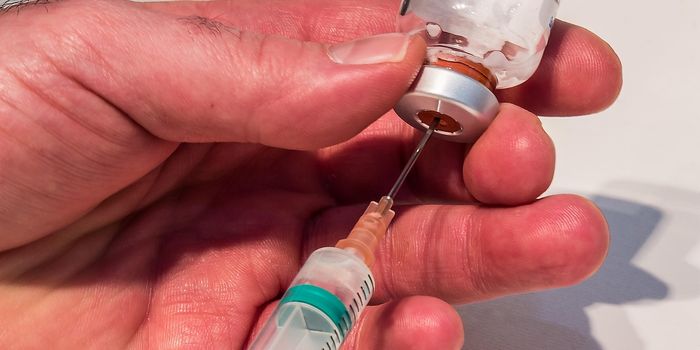An Amino Acid Can Improve Radiation Therapy for Metastatic Brain Cancer
There are 20 different amino acids that the human body uses to generate proteins. Amino acids form chains called polypeptides which combine to form specific proteins required for biological functions. Our genes contain the codes for the amino acid sequences which make up each protein.
There are two types of amino acids: essential and non-essential. While essential amino acids cannot be made by the body and must be consumed through the diet, the body produces non-essential amino acids.
Arginine is one of the amino acids that the body makes on its own. It can also be consumed in high protein foods such as fish, read mead, poultry, whole grains, and dairy. The body converts arginine into a chemical called nitric oxide, which prompts blood vessels to widen or dilate. Doctors can prescribe arginine for some medical issues, including heart disease, because of its ability to work as a vasodilator. Supplemental arginine, commonly referred to as L-arginine, can be administered orally or even intravenously.
A recent study published in Science Advances suggests a possible new indication for oral arginine in treating metastatic brain cancer. Patients with metastatic brain cancer, a difficult to treat malignancy characterized by tumor cells spreading to the brain from a distant primary site. Some brain metastases are inoperable, leading to the use of radiation therapy. While radiation is effective in some cases, many tumors develop resistance, prompting the need to develop novel therapeutic options.
Patients with metastatic brain cancer were randomized to treatment with either placebo (32 patients) or arginine treatment (31 patients) followed by whole-brain irradiation. Participants in the treatment group received 10 grams of arginine one hour before each dose of radiation.
The study demonstrated that pretreatment with arginine enhanced the efficacy of radiation therapy in patients with brain metastasis. Only 3% of the participants receiving arginine experienced progressive disease. Comparatively, 16% of those in the placebo group experienced disease progression. Close to 80% of the arginine-treated group had a complete or partial response versus only 22% in the placebo group.
Arginine is an affordable supplement associated with very few toxicities. Thus, the promising results of this trial suggest that arginine could serve as a safe and inexpensive way to enhance the therapeutic benefit of radiation therapy.
Sources: amino acids, polypeptides, Arginine, vasodilator, Science Advances









